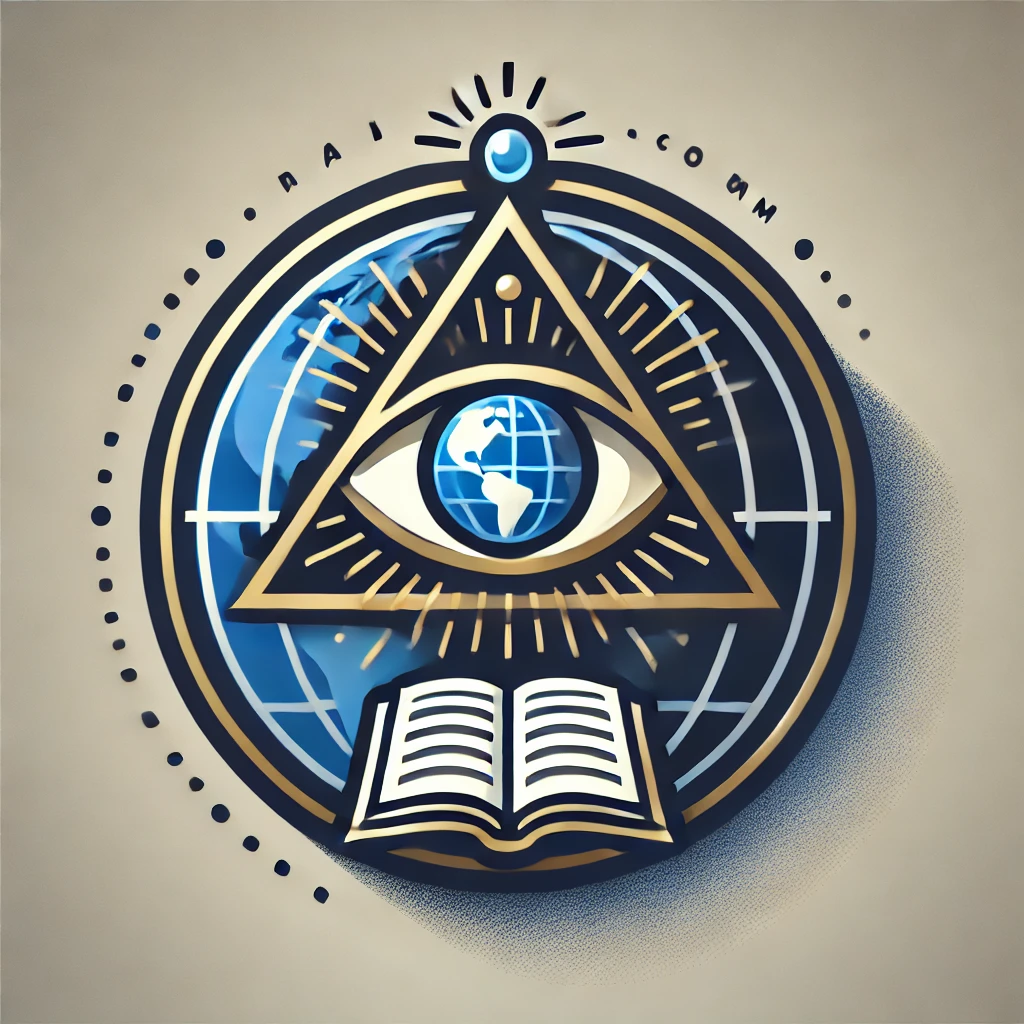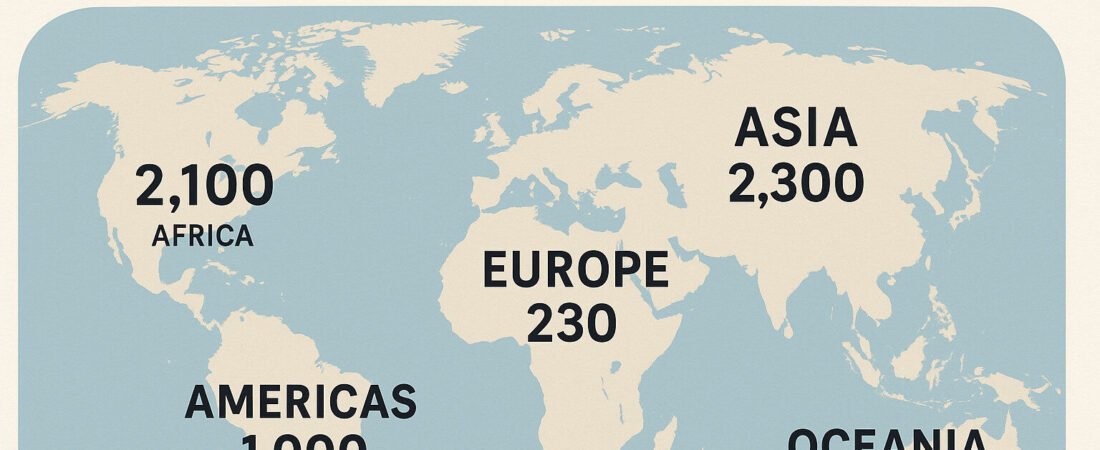By M. Dano
Language is a divine gift that also carries the mark of humanity’s rebellion and dispersion. According to Genesis 11, the diversity of human languages began when God confused the language of mankind at the Tower of Babel:
“Therefore its name was called Babel, because there the Lord confused the language of all the earth. And from there the Lord dispersed them over the face of all the earth.”
— Genesis 11:9 (ESV)
At that moment, a single human language was fractured into many, causing people to scatter across the globe, forming the nations and language groups we see today. Modern linguistic diversity is a direct result of that divine intervention.
🌐 Languages Found Only in Each Continent
🌍 Africa only
- Approx. 2,100 languages
- ~30% of the world’s total
- Includes Swahili, Oromo, Hausa, Yoruba, Amharic, and many local tongues.
- Africa has the most languages spoken nowhere else.
🌏 Asia only
- Approx. 2,300 languages
- ~32% of the world’s total
- Includes Mandarin, Hindi, Bengali, Tamil, Thai, and hundreds of tribal or minority languages.
🌍 Europe only
- Approx. 230 languages
- ~3% of the world’s total
- Dominated by Indo-European languages: English, Spanish, Russian, German, French, etc.
- Fewer indigenous languages remain due to centuries of cultural assimilation and empire-building.
🌎 Americas only
- Approx. 1,000 languages
- ~14% of the world’s total
- Includes Quechua, Guarani, Nahuatl, Aymara, and many Native American tribal languages.
🌏 Oceania only
- Approx. 1,300 languages
- ~18% of the world’s total
- Home to the world’s most linguistically diverse nation, Papua New Guinea (800+ languages).
- Also includes Aboriginal languages of Australia and Pacific Island tongues.
✅ Summary Table
| Continent | Languages Found Only There | % of Global Total |
|---|---|---|
| Africa | ~2,100 | ~30% |
| Asia | ~2,300 | ~32% |
| Europe | ~230 | ~3% |
| Americas | ~1,000 | ~14% |
| Oceania | ~1,300 | ~18% |
📖 Spiritual Insight
From the unity of one language in Eden to the judgment at Babel, language has both united and divided mankind. But the biblical view holds that language was split by God’s will, not by accident. Today’s rich diversity of tongues is a reminder of human pride, God’s sovereignty, and also the potential for unity again in Christ (see Acts 2, Pentecost).

